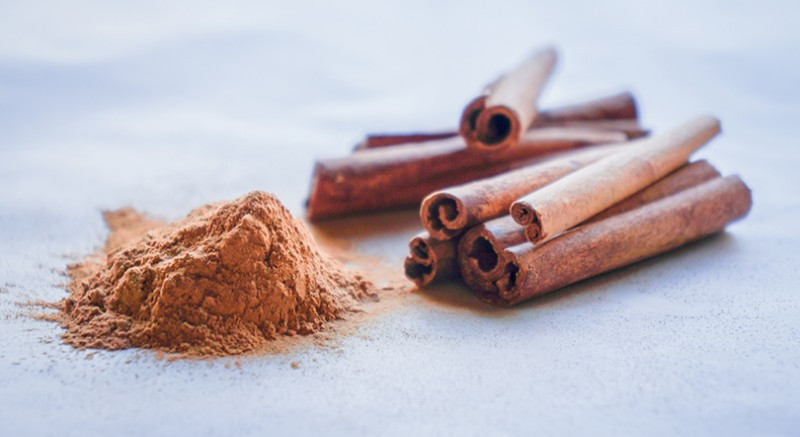Many of us are familiar with, and enamored of, cinnamon as a spice. That spice is the finished product of cinnamon that we know best, and one which works well as a sweetener sprinkled on an assortment of food choices ranging from your morning oatmeal and toast to an assortment of dinner desserts (take your pick). But cinnamon as a sweetener is just part of the story of that makes it so attractive to people worldwide. Sourced from the inner bark of a tropical evergreen plant, cinnamon has been used for centuries in Ayurvedic medicine for treating respiratory and digestive issues, per cnn.com. Ancient Egyptians created an embalming perfume based on cinnamon, and Romans used it in funeral pyres to help cover the stench of burnt flesh. The spice is even mentioned a number of times in the Bible.
A Rich Source of Antioxidants
When it comes to your health, it is cinnamon's antioxidant properties that generate the most interest among healthcare providers. For one thing, cinnamon is an abundant source of antioxidants, which means it is highly effective in protecting your body from oxidative damage wrought by free radicals, per healthline.com. One study ranking the antioxidant capacity of 26 spices ranked cinnamon No. 1, ahead of such superfoods as garlic and oregano.Two Types of Cinnamon
There are two types of cinnamon, cassia and Ceylon. The former contains a large amount of coumarin, a plant-based compound that is believed to be potentially harmful to your health, especially your liver, if consumed in large quantities. Ceylon, also known as true cinnamon, has a much lower amount of coumarin, although, because it is less expensive, it is cassia cinnamon that is most often available in grocery stores, although Ceylon can be found in some health food stores.Cinnamon's Health Benefits
Not only is cinnamon a potent antioxidant, it also possesses anti-inflammatory characteristics as well as antimicrobial and antifungal properties, per nutritiouslife.com, making it a versatile ingredient when it comes to potentially providing health-inducing benefits. Let's look at some of those:- Reduce risk of heart disease. Studies have shown that even moderate doses of cinnamon, which is also found in nutritional supplement form, can reduce your levels of bad (LDL) cholesterol, total cholesterol, and triglycerides – all factors that can help guard against heart disease.
- Improve sensitivity to insulin. Just so you know, this is a good thing. Insulin is among the hormones that help control your metabolism and use of energy. Insulin resistance is a condition that can be the foundation for the development of serious health conditions such as type 2 diabetes and metabolic syndrome, per healthline.com.
- Reduce elevated blood-sugar levels. In addition to its positive effects on insulin resistance, cinnamon can help limit the amount of glucose that enters your bloodstream after a meal. It accomplishes this by disrupting the actions of many digestive enzymes, which delays the breakdown of carbohydrates in your digestive tract, per healthline.com.
- Enhance brain function. Per nutritiouslife.com, cinnamon consumption can bolster neurotrophic factors, which work to maintain the vitality of your brain neurons while promoting the growth of new such neurons. This activity can possibly delay the progression of diseases such as Alzheimer's and Parkinson's.
- Ward off infections. Although supportive research to this possible benefit is limited, there is evidence, per healthline.com, that cinnamaldehyde, an active component of cinnamon might be effective in fighting off a variety of infections. Additionally cinnamon oil has shown an ability to treat respiratory tract infections caused by fungi, while the cassia form of cinnamon is believed to help inhibit the most common strain of the HIV virus found in people.

